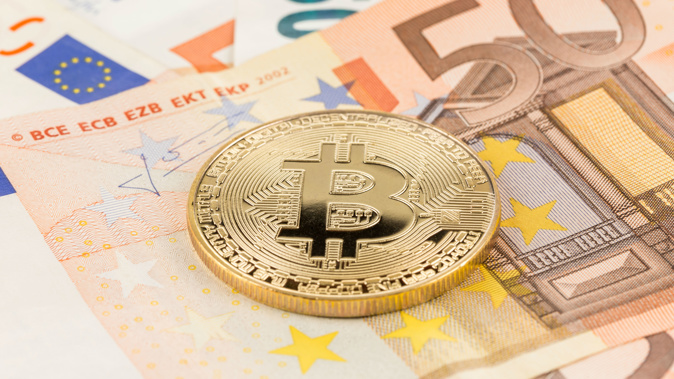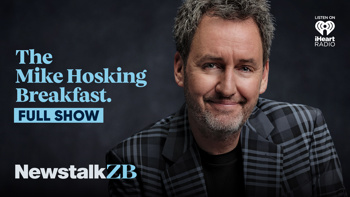
A hospital in the UK has begun offering treatment for bitcoin addicts as the cryptocurrency craze fuels a new breed of gambling addicts.
Castle Craig Hospital in Scotland has launched a programme aimed specifically at people who are hooked on trading digital currencies like bitcoin.
The hospital specialises in treating addictions and had been asked to help people with cryptocurrency problems. It has already seen patients who are totally consumed with trading in the currencies - including some who were not already suffering other forms of addiction.
Dr Mark Griffiths, Professor of Behavioural Addiction at Nottingham Trent University, said the addictions were "a subtype of online day-trading addiction. I see these as akin to a gambling addiction".
Castle Craig gambling therapist Chris Burn told news.com.au cryptocurrency trading was a fast growing activity.
"It is a form of gambling [and] people gamble on all kinds of things which makes cryptocurrency trading exciting. Compulsive gamblers like it - it's mysterious, not really regulated and you can make huge gains - and huge losses - in a single day."
And that's where the havoc begins.
"People dive in because they don't want to miss out on a good thing and they start putting money in without thinking about the consequences. But the reality is [cryptocurrency] trading is a fascinating idea, but it can do a great deal of harm."
In that regard, it wasn't surprising people were taken in by the bitcoin craze.
"I think it's an escape from reality. People like the excitement and that you can do it 24 hours a day and [sit there] and watch the screen and watch making a profit - or not - and that goes on and on. That's what a compulsive gambler wants."
There were parallels with pokie machines, and Burn predicted there would be a rise in the number of bitcoin addicts in the months and years ahead.
"It provides excitement and an escape from reality... It's a classic bubble situation and the way we see that developing, it could well [get worse] quite soon."
It was relatively easy to start bitcoin trading which was dangerous for young people in particular.
"It's relatively easy...you go through the motions...you don't know who you are dealing with but anyone can get on and it's relatively easy."
Bitcoin was particularly dangerous because people were being seduced by the idea of making it rich quick online, where they believed there was a fortune to be made.
There are around 13 million people across the world trading in the system.
"A lot of people hear about something like this [and] they go for a gamble because they don't want to miss out on the next good thing - a lot of addictive behaviour comes from computers and the internet. This is another specific example that is really, really dangerous."
The situation "just goes bad" from there.
The patients he had worked with had been desperate and on the verge of suicide.
"They are in desperate need of help and are isolated. People don't realise if you spend 14 hours or so a day on a computer doing this sort of thing it has really negative consequences on other aspects of your life."
Bitcoin trading therefore was a very modern take on an old problem. That means often people had no idea they were at risk until it was too late.
"Anybody who is involved with cryptocurrency trading who thinks they could have a problem, chances are they probably do."
The moment of realisation was depressingly familiar.
"It's usually when they run out of money and realise there is no way forward. Until then, people convince themselves the next bet would make it okay. We would all do that with any sort of addictive behaviour if there were no consequences."
Castle Craig has treated over 10,000 patients for various addictions since it opened in 1988, and claims the majority have gone on to achieve long-term abstinent recovery.
Take your Radio, Podcasts and Music with you









